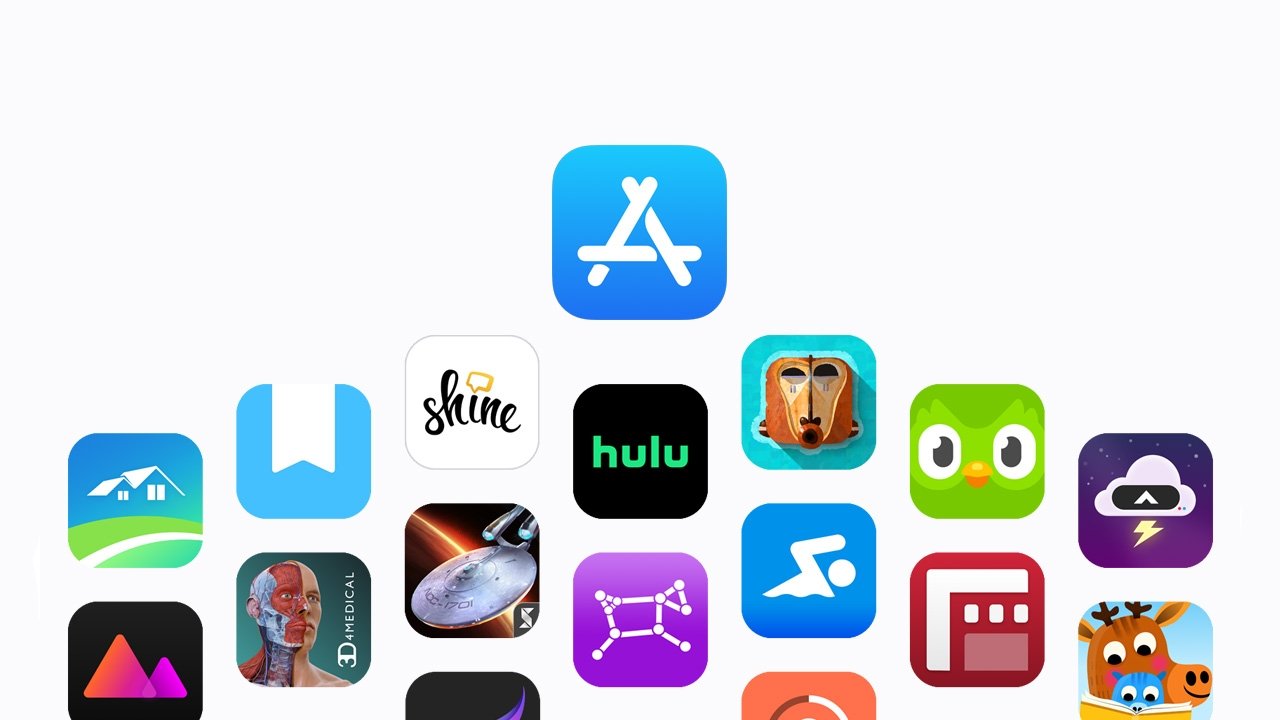Apple says less than 1% of App Store rejections are appealed
A director of Apple's App Review process says that the majority of app rejections are not appealed, and when they are, most of them are upheld.

Credit: Apple
During his time on the witness stand, Apple Director Trystan Kosmynka offered some details about App Store rejections -- and specifically about the appeal process if an app is rejected.
More specifically, Kosmynka was talking about mistakes in the app review process. He says one way to look at mistakes is the fact that less than 1% of rejections are actually appealed. Most rejections are also upheld, he added.
"I think the number of mistakes are a small fraction of the overall effectiveness of the process," Kosmynka said, adding that Apple acknowledges a mistake has been made based on the number of appeals it receives.
Apple in June 2020 made it easier for developers to challenge specific guidelines in appeals. That came after a controversy surrounding Basecamp-produced email app Hey.
At the time, Apple blocked updates to Hey after initially approving it because the email service didn't offer an in-app subscription option. Hey was eventually allowed to post updates after it added a free tier, bringing it into compliance with Apple guidelines.

Credit: Apple
During his time on the witness stand, Apple Director Trystan Kosmynka offered some details about App Store rejections -- and specifically about the appeal process if an app is rejected.
More specifically, Kosmynka was talking about mistakes in the app review process. He says one way to look at mistakes is the fact that less than 1% of rejections are actually appealed. Most rejections are also upheld, he added.
"I think the number of mistakes are a small fraction of the overall effectiveness of the process," Kosmynka said, adding that Apple acknowledges a mistake has been made based on the number of appeals it receives.
Apple in June 2020 made it easier for developers to challenge specific guidelines in appeals. That came after a controversy surrounding Basecamp-produced email app Hey.
At the time, Apple blocked updates to Hey after initially approving it because the email service didn't offer an in-app subscription option. Hey was eventually allowed to post updates after it added a free tier, bringing it into compliance with Apple guidelines.

Comments
The fact most appeals are rejected suggests they didn't make many accidental mistakes. This doesn't, however, say anything about whether their judgments are fair and reasonable. It just means I stick to my guns. Having the same lawmaker, judge, jury and executioner inevitably ends up in "100% success rates".
And your second statement, bolded, has no basis in fact or what a monopoly is.
It’s possible to examine the world from a perspective OTHER THAN “does this involve shifting money around”. Try it.
As for your monopoly argument, their comment absolutely relates to the current attacks on Apple for monopolizing app sales and distribution on their platform. This news by Apple about their 1% appeal number goes a long way toward suggesting there’s so little for developers to expect from appealing that they don’t even bother. Whether or not the criticism of the App Store as a monopoly is valid, the criticism of the experience forced upon developers by Apple due to that very store model is worth considering.
My post never mentioned a money, other than to suggest the cost of the appeals process has nothing to do with a "3-trillion dollar" company.
I make no argument about a monopoly (either way) except that only 1% using an appeals process make no statement about a monopoly. How many developers even know they can make an appeal today (it's new as of mid/late last year)? How many developers knew they were breaking a policy/rule, and thought they would try to get away with it anyway, didn't, so didn't appeal? How many developers didn't know they were breaking a policy/rule, and when called on it, agree that they shouldn't have done it?
Without all the above information, 1% appeals says nothing.